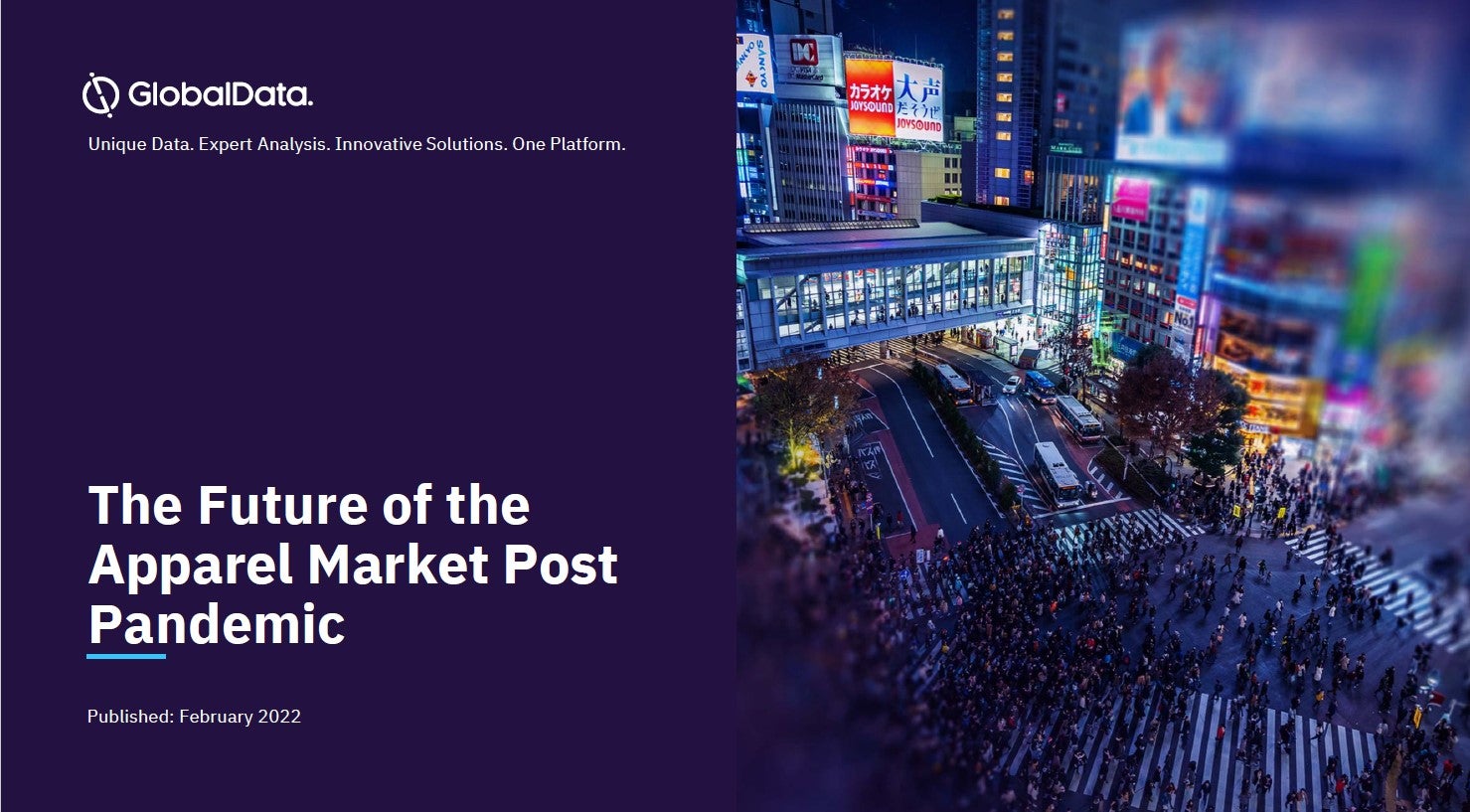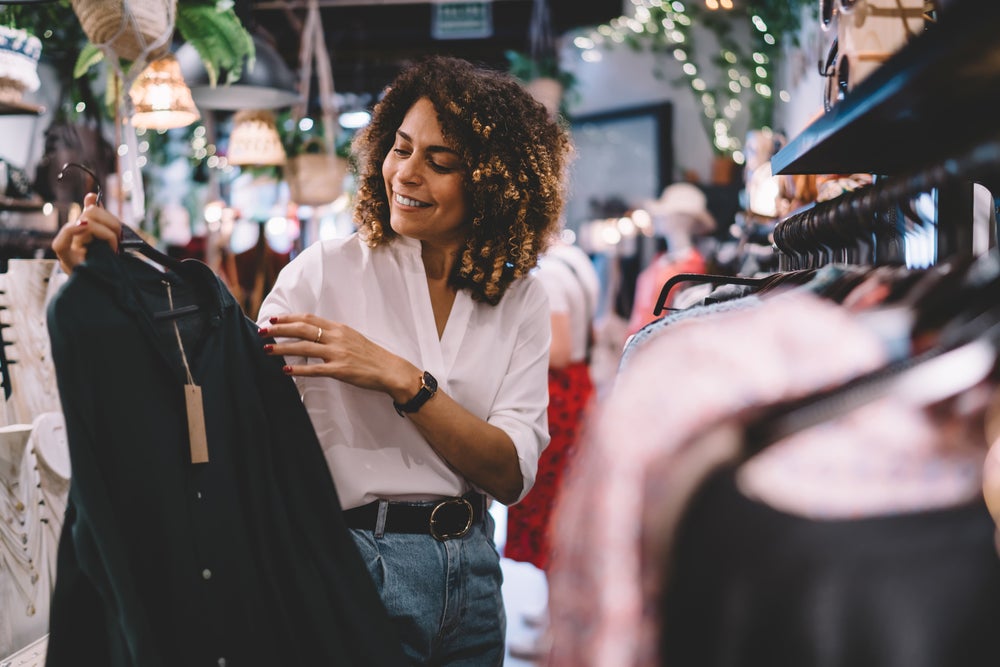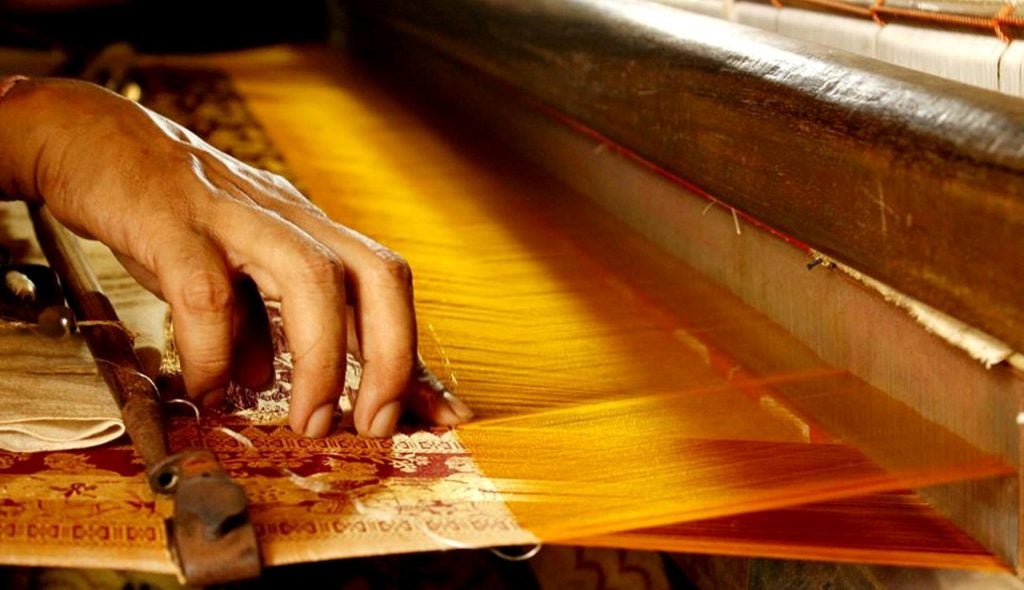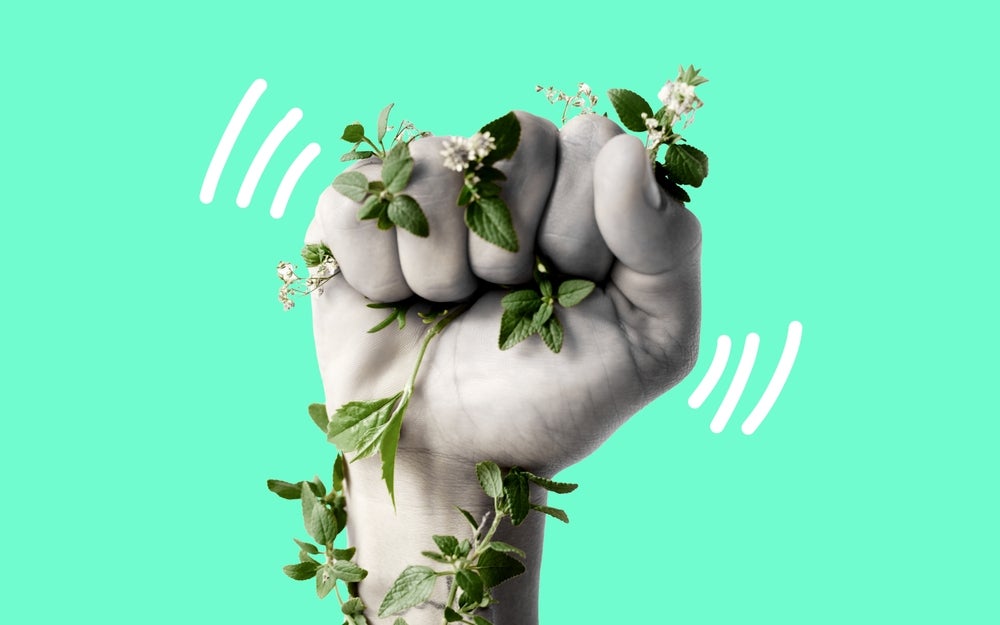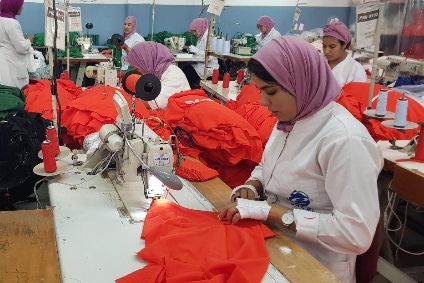
Morocco’s clothing manufacturing sector has pivoted to making personal protective equipment to cope with the flood of cancelled orders that marked the outbreak of the Covid-19 pandemic – and in doing so is developing textile backward linkages that could strengthen the industry for the future.
Fatima-Zohra Alaoui, director general of Moroccan textile and garment manufacturing association AMITH (Association Marocaine des Industries de Textiles et l’Habillement) says: “During the week of 9 March when Spain went into lockdown, we started to receive order cancellations. Customers told suppliers: ‘Anything that is cut, ship it; if it is not cut, don’t ship it; we’ll come back to you later’.”
The impact has been harsh. Production effectively ground to a halt by 20 March, and factory owners did not have sufficient funds to cover worker salaries.
According to Hichem Mghirbi, owner of Casablanca-based garment producer Groupe Filmod, no clothing companies in Morocco have yet filed for bankruptcy. The government has delayed tax payment deadlines until the end of June, making furlough payments directly to employees of EUR180 (US$202) every month, also payable until the end of June.
Alaoui says that by early April, with Covid-19 now hitting Morocco – by 16 June the country had 8,985 confirmed cases and 212 deaths – factories converted their production lines to making single use masks for both medical staff and the general public. This was in response to new distancing and health protection regulations developed by Morocco’s ministry of public health.
How well do you really know your competitors?
Access the most comprehensive Company Profiles on the market, powered by GlobalData. Save hours of research. Gain competitive edge.

Thank you!
Your download email will arrive shortly
Not ready to buy yet? Download a free sample
We are confident about the unique quality of our Company Profiles. However, we want you to make the most beneficial decision for your business, so we offer a free sample that you can download by submitting the below form
By GlobalDataSee Also:
Factories making shopping bags had large stocks of PPE material available for clothing factories to use. However, demand for masks was so high Alaoui says: “We had to mobilise our woven textile and knitting factories to weave fabric to make reusable masks. The industry was able to rapidly pivot, develop and accelerate production over a very short time.”
Mghirbi hopes this work will create backward linkages in Morocco’s clothing and textile sector that will last beyond the pandemic, with businesses now understanding the benefit of cooperating throughout the value chain, developing a new “mindset” in the Moroccan industry.
“I hope we are able to invest in spinning and weaving to make a 100% vertical value chain and that this becomes a much wider movement in the industry.”
Test-orders
Looking ahead, AMITH’s Alaoui says European clients such as Spanish fashion giant Inditex, which owns brands including Zara and Bershka, have begun placing small orders with Moroccan suppliers as they test markets to win back retail customer confidence.
Mghirbi says his company is fortunate as its main production season begins in July, producing winter coats: “From the beginning of July, I can fill all my capacity.” But he stresses companies focused on spring/summer ranges have suffered more, losing trade during the peak production month of March for near-shore orders.
He believes Morocco’s industry needs to “monitor what is going on, see how sales go and move faster in the right direction” once market intelligence is gathered.
He says manufacturers need to focus on “sustainability, flexibility and online customers,” stressing that the pandemic is accelerating these key trends, driven by “Millennial customers” focused on “online shopping, sustainable fashion and personalisation.”
The company boss thinks Morocco needs to be ready for a potential increase in orders in the medium-term, predicting that the “pandemic will change sourcing habits from the Far East towards sourcing from the EuroMed region, so this is an opportunity,” adding: “We have to be both optimistic and realistic, and we have to focus on adaptability and resilience.”
Before the pandemic hit, Morocco’s textile and garment industry was undergoing an intense process of redevelopment to better align with industry demands in areas from fast fashion to sustainable production.

